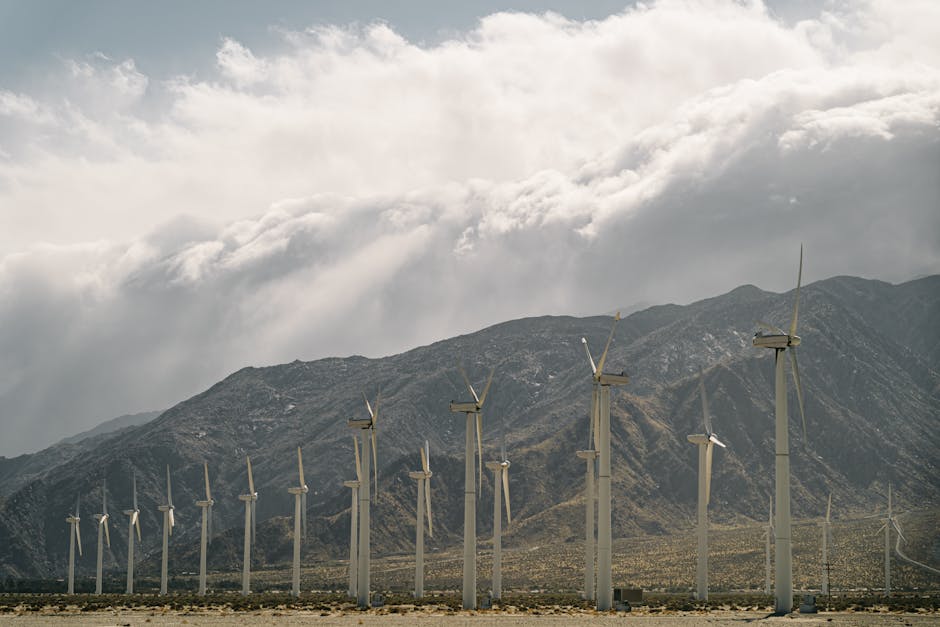The planet’s ecosystems are undergoing rapid transformation, presenting a complex tapestry of challenges for future generations. A critical inquiry emerges: will the difficulties they face surpass the struggles of our current era? While definitive answers remain elusive, a careful examination of converging environmental pressures suggests a concerning trend towards greater difficulties.
One paramount issue is the acceleration of climate change. The undeniable increase in greenhouse gas emissions, primarily from the burning of fossil fuels, continues its relentless rise. While progress has been made in renewable energy development, the current transition remains insufficient to counteract the significant inertia already built into the global climate system. The compounding effects of rising temperatures, altered precipitation patterns, and escalating sea levels paint a troubling picture for future societies. Reduced agricultural yields, increased frequency and intensity of extreme weather events, and the displacement of populations due to rising sea levels are all plausible outcomes, demanding substantial adaptation strategies from future generations.
Beyond the immediate threat of climate change, a myriad of interconnected environmental concerns loom large. Biodiversity loss, driven by habitat destruction, pollution, and climate change, represents another profound challenge. The extinction of species and the disruption of intricate ecological webs could result in unforeseen consequences for global ecosystems, impacting everything from food security to the provision of essential ecosystem services. Forests, crucial carbon sinks and habitats, are under relentless pressure, threatening to amplify climate change effects and reduce the Earth’s capacity to absorb carbon dioxide. Ocean acidification, a direct consequence of rising atmospheric carbon dioxide levels, further exacerbates the problem, endangering marine ecosystems and their crucial role in regulating global climate.
Furthermore, resource depletion and pollution pose critical hurdles. The escalating demand for raw materials, particularly in rapidly industrializing nations, coupled with inefficient extraction methods, leads to depletion of critical resources like minerals and water. Pollution from various sources, including industrial emissions, agricultural runoff, and plastic waste, continues to contaminate air, water, and soil, further exacerbating environmental degradation. These pollutants not only harm human health but also have cascading effects on wildlife and ecosystems, impacting their resilience and sustainability.
The interplay of these issues creates a complex scenario. Climate change, for example, amplifies the effects of resource scarcity, making it harder for communities to access clean water and food. Increased competition for dwindling resources can heighten geopolitical tensions and escalate social unrest. The resulting instability could further hinder the implementation of crucial environmental policies and undermine efforts to mitigate future damage.
A significant factor to consider is the growing human population. A steadily increasing global population will undoubtedly increase the pressure on already strained resources. This demographic shift will exert further strain on ecosystems, demanding greater production of food, energy, and materials. While advancements in agricultural technology and resource management are potential solutions, the scale of the challenge demands innovative and sustainable practices.
Moreover, the distribution of environmental impacts is inherently unequal. Developing nations and marginalized communities frequently bear the brunt of environmental degradation despite contributing the least to the problem. This disparity necessitates a commitment to equitable solutions and the provision of sustainable development opportunities for all, ensuring that future generations inherit a world where environmental justice is upheld.
The task of addressing these multifaceted environmental challenges requires a paradigm shift. A move towards systemic solutions, encompassing ecological restoration, sustainable consumption patterns, and a global commitment to environmental protection, is paramount. Technological advancements, while crucial, must be accompanied by societal shifts in values, behaviors, and governance. Investing in education, promoting sustainable practices, and strengthening international cooperation are essential elements in building a more resilient and sustainable future.
In essence, the evidence suggests that future generations will likely confront even more formidable environmental obstacles than those currently facing humanity. The escalating pace of climate change, the growing threat of biodiversity loss, and the pressure on finite resources paint a concerning picture. However, it is not a hopeless prospect. Proactive measures, inclusive of technological innovation, societal shifts, and international cooperation, hold the key to mitigating the severity of these challenges and fostering a sustainable future for generations to come. The time for action is now.












